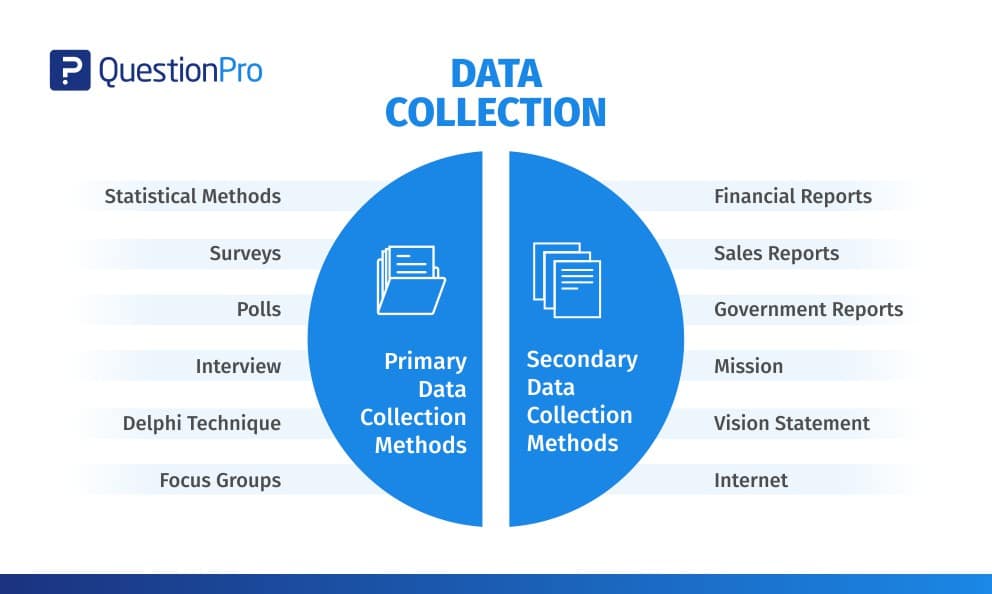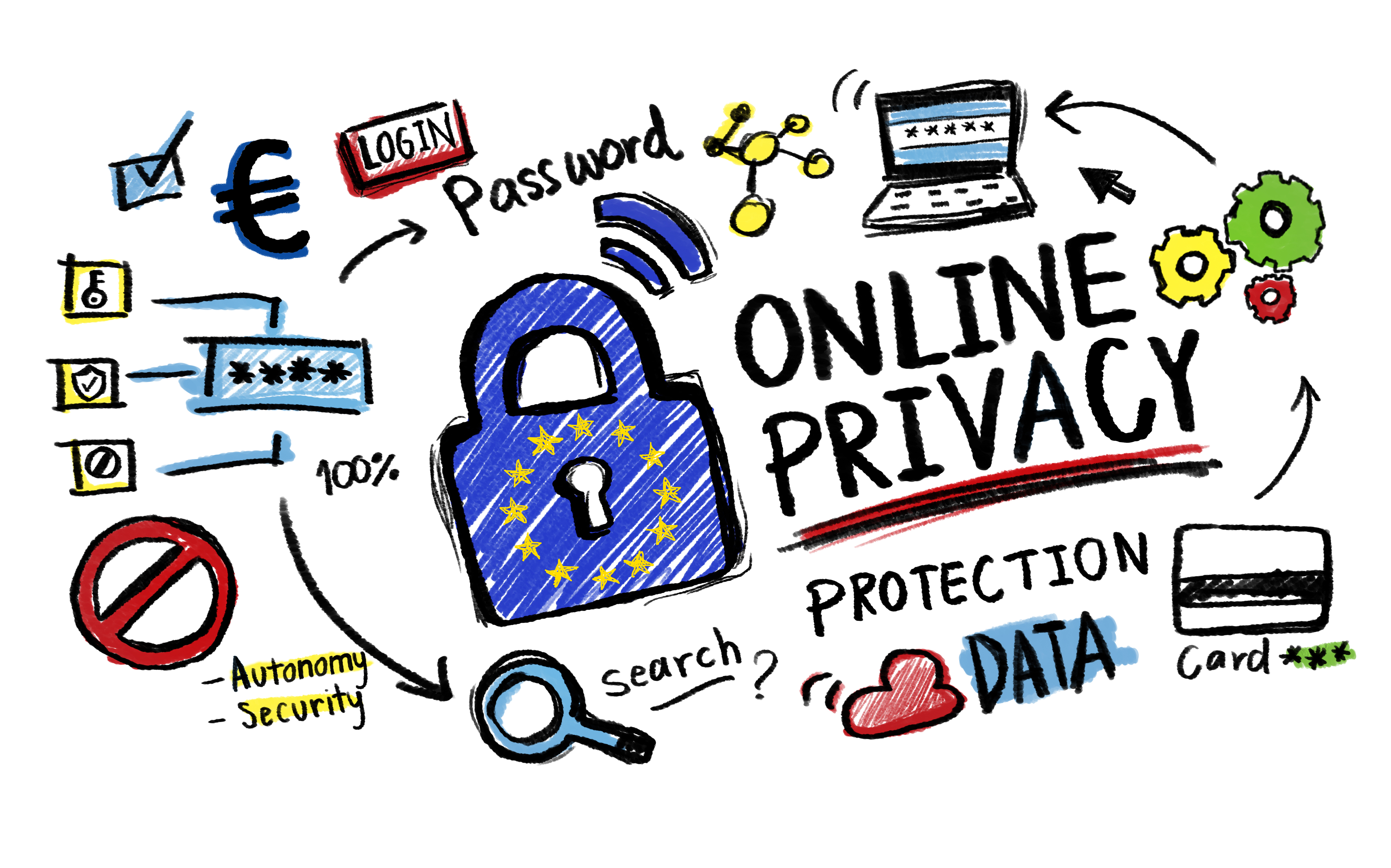
Microsoft’s Data Collection: A Threat to Our Online Privacy?
As I sit here writing this article, I am reminded of the countless times I’ve scrolled through websites, clicking ‘accept’ on cookie pop-ups without a second thought. But have you ever stopped to think about what you’re really agreeing to? Microsoft, like many other tech giants, uses cookies to store and access information about our online activities. But what does this mean for our privacy?
 Data collection is a ubiquitous part of the online experience.
Data collection is a ubiquitous part of the online experience.
According to Microsoft’s own privacy statement, the company uses cookies to deliver and improve its services and ads. But what exactly does this entail? The answer lies in the fine print. Microsoft and its third-party vendors use unique IDs to track our online behavior, from the websites we visit to the ads we click on. This information is then used to deliver targeted ads and content that is supposedly tailored to our interests.
 Targeted advertising is a multi-billion dollar industry.
Targeted advertising is a multi-billion dollar industry.
But at what cost? The collection and sharing of our personal data raises serious concerns about our online privacy. Microsoft claims that it only shares this information with its partners on the basis of consent and legitimate interest. But what does this really mean? And how can we be sure that our data is being used responsibly?
For me, the answer lies in transparency. Microsoft’s Transparency and Consent Framework is a step in the right direction, allowing users to review and exercise their right to object to the use of their data. But more needs to be done to educate users about the implications of data collection and the importance of online privacy.
 Online privacy is a fundamental human right.
Online privacy is a fundamental human right.
As I reflect on my own online behavior, I realize that I’ve been complicit in the data collection process. But I’m making a conscious effort to change that. I’m taking steps to protect my online privacy, from using ad blockers to being more mindful of the websites I visit. And I encourage you to do the same.
The battle for online privacy is far from over. But by being informed and taking action, we can reclaim our right to privacy and create a safer, more secure online experience for all.
‘The right to privacy is a fundamental human right.’ - UN Declaration of Human Rights
The UN Declaration of Human Rights emphasizes the importance of privacy.















